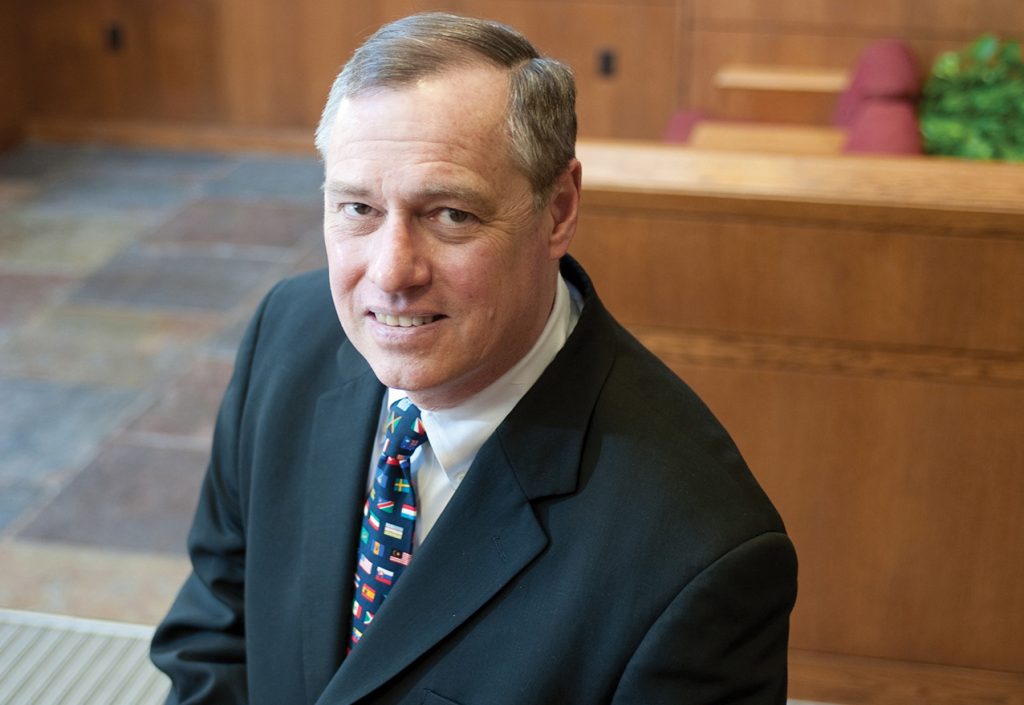KATOWICE, POLAND, December 14, 2018: “Much has been made in the popular press of US obstructionism [at the COP24]. Since President Trump has clearly indicated his intention to pull out of the Paris Agreement, that can’t be expected to have too much of an impact. The real risk is in providing cover for other countries such as Russia (the only major emitting country that has not yet ratified Paris), Saudi Arabia, and those with a lower but still skeptical profile, such as Australia.
“Even if the text of the COP24 document were to be adopted, there are still major questions as to whether it is adequate to the task. Many issues have been put off for subsequent resolution. Although the Katowice rules deal with many technical questions, a major unresolved issue, even after adoption, is the extent to which they will create the necessary confidence and trust among governments.
“The cumulative effect of many small compromises may allow for considerable leaks from the overall system. Additionally, it is not clear whether they are sufficient to tip the scales among the private sector to undertake climate-friendly investments in the technologies of the future, such as in renewable energy, instead of continued exploitation of dirty fossil fuels.”
From the diary of Professor David Wirth, who attended the 24th Conference of the Parties to the UN Framework Convention on Climate Change (COP24), held in Poland in December.



